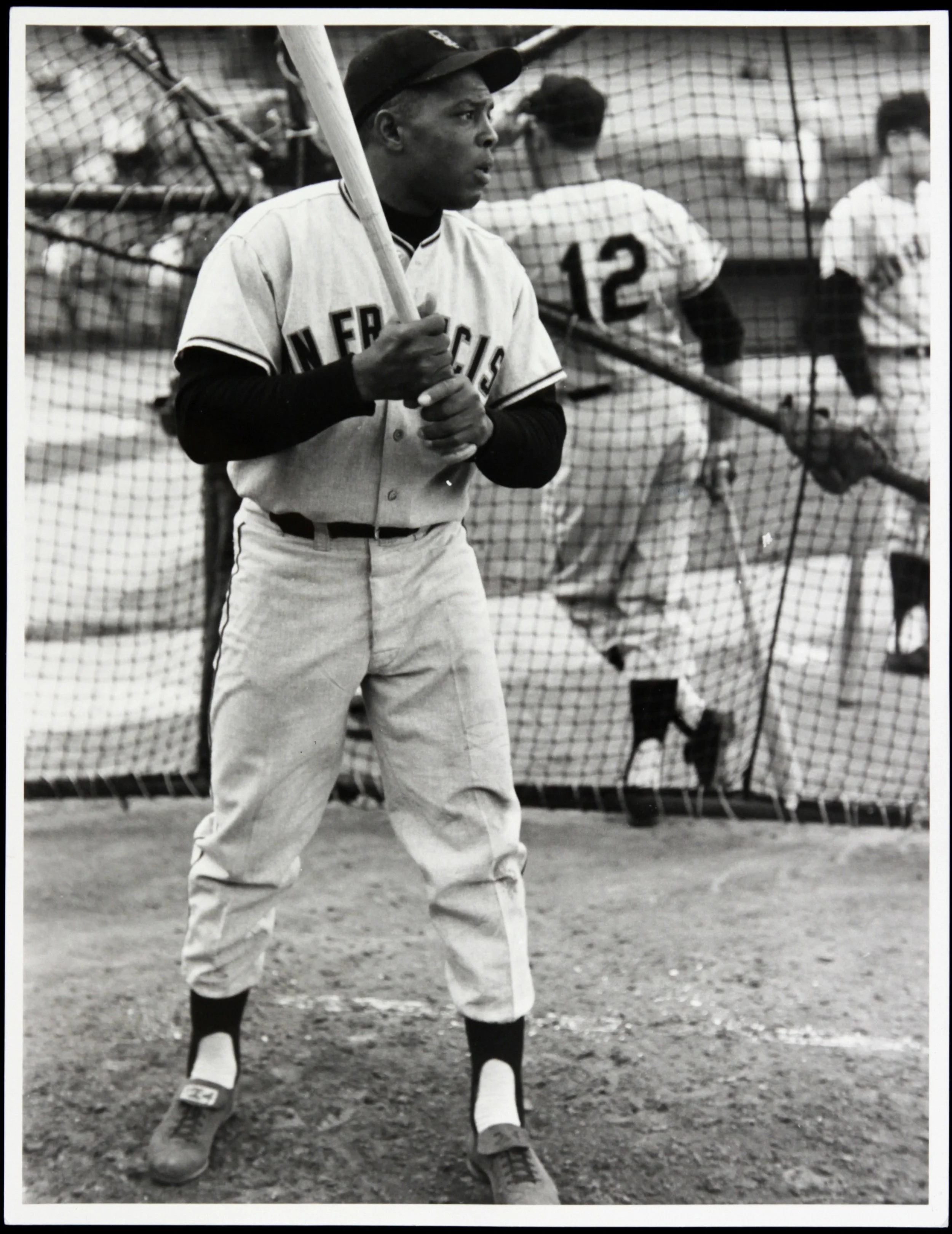Yes, We Can Have Nice Things: Fandom as a Solution, Not a Problem
Being a fan of something mean opening yourself up to the possibility of being disappointed. Being a fan is emotional, and therefore make you vulnerable. No matter how amazing it is, how perfect the direction and details, the thing you are a fan of can disappoint you. And oh, I have been disappointed by so many books, movies, and just individual TV episodes. I always have a million thoughts and feelings and I can nitpick with the best of them. Don’t ever get me started on timeline inconsistencies.
But while I can and do get frustrated with, say, a movie’s flaws, I try not to take the next step from nitpicking to actual anger at a work for getting it “wrong.” Because I don’t have to. Being in fandom means it doesn’t matter if something is wrong, because I can always make it right.
A few months ago, I wrote about the negativity bias within fan commentators and on YouTube and similar arenas. Ignoring the economic incentives of negativity from commentators, people get angry because it feels like the thing they loved betrayed them, or failed them somehow. There is rage, but also a sense of powerlessness, based around the idea that if the Powers That Be don’t do things in a certain way then it’s all ruined.
I can sympathize with that point of view, but the reality is quite different. Because being a fan doesn’t make you powerless, it gives you the option to be powerful.
The most incredible thing about fandom is that if you get frustrated with how something turns out, you can change it. If you don’t like an aspect of a work, or an entire book or series, you can ignore it. Don’t like which couples got together? You can rewrite the story so your couple ends up together. You can write entire fanfiction pieces that reflects the story that you want, rather than what happened in a given work. And many, many people do. AO3 (Archive of Our Own), a hub for publishing fan fiction, has a tag specifically for “Non-canon compliant.”
Fans have the power to “Choose your own adventure” as it were, with literally everything. And as such, rage at the creators for “doing it wrong,” while understandable, is misplaced. There is nothing to get mad about if you can just change it to your liking whenever you want. Nothing is permanently “wrong” in a work because you can just choose a different adventure.
“But,” I can hear people disagree, “If I write it, or even imagine it my way it’s still not real.” Well, first of all, fandoms based around books/comics/movies/TV shows are fictional. None of it is real. There are things that are canon, but canon is simply ideas other people – namely writers and companies - made up or decided. Star Wars canon was arbitrarily declared by Disney, and effectively removed dozens of authorized, if not technically canon, books from being “real” Star Wars stories. If Disney can summarily remove works from, or at least retroactively define, canon, doesn’t that mean that canon is inherently fluid?
This is not to argue about the metaphorical death of the author. As a fiction writer, I believe in authorial intent and voice. It matters. Canon matters. But it is all about to what degree. Being a canon-focused fan who gets disgruntled and complains to her friends is one thing. Flying into a rage, yelling at authors on social media, or declaring everything to be ruined is another thing entirely. Honestly, if someone hates the trajectory of my stories, I’d much rather that instead of yelling at me, or getting into a rage, that they just made up fanfiction to suit themselves. My authority as a creator is not sacrosanct enough to justify that much negativity.
There are ways of coping with when canon disappoints you. Lashing out at people or condemning the entire enterprise isn’t one of them. Because it’s unnecessary. One of the most beautiful things about the transformative nature of fandom is that fans do not have to be bound by canon. And if you do want to be bound by canon, that is your choice.
Not that every fan needs to get into fanfiction when they get upset with a storyline. But being a fan gives people more options, rather than fewer. Fans are not trapped by the work they are a fan of, powerless against the almighty Authorial Voice. Instead, there is a giant spread of options – canon, non-canon, stories, art, theories – they can enjoy. Being a fan opens up the possibilities of a work, it doesn’t shut them down.
We can choose our own selections from the fandom buffet, creating the universe that makes us happy. And if we are all choosing what makes us happy, there is nothing to get angry about. We can have nice things, and we can get the stories we want. All it takes is the imagination to create it and willingness to do so.





